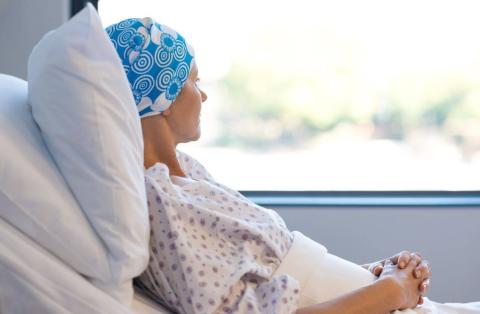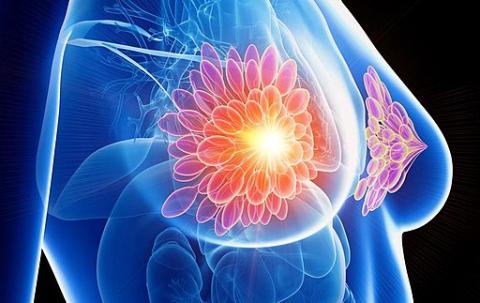Genetic inheritance influences cancer type and prognosis
The classical view describes most cancers as the result of mutations that happen by chance and accumulate over a lifetime. Now, a study claims to break that paradigm. A team of researchers from Stanford University (USA) has described that the genetics we inherit influences the surveillance that our defences do of these mutations, conditioning the type of tumour that can develop and its prognosis. The results, which for the moment refer to breast cancer, are published in the journal Science.

Salazar - herencia
Ramón Salazar
Head of Medical Oncology at the Catalan Institute of Oncology (ICO), head of the Colorectal Cancer Research Group, Oncobell programme (IDIBELL) and associate professor of Medicine at the University of Barcelona
It is a study of excellent quality and very innovative, since the hypothesis they have demonstrated breaks a paradigm: that in sporadically occurring non-inherited cancers (not related to the inheritance of a pathological mutation in germ cells), the occurrence of sporadic somatic mutations and their subsequent contribution to the creation of a cancer was totally independent of the inherited non-pathological functional genetic variants. The authors have shattered this principle.
For the first time, the inherited genetic endowment has been found to influence immunosurveillance and the types of somatic or sporadic (non-inherited) mutations that can contribute to the development of cancer.
Some of the hundreds of physiological genetic variants that can occur in a gene determine that the protein they encode (the small peptide pieces that make it up, or antigens) can be presented more or less conspicuously to the immune surveillance system (T lymphocytes) via the antigenic presentation receptors on the cell membrane (major histocompatibility system or HLA). The genetic composition of this system is also highly variable and can determine whether more or fewer copies of the antigens or epitopes, the products of these genes, are presented better or worse, which when they generate cancer are called oncogenes. When they are present a lot and very well, it is more unlikely that a cancer will develop secondary to that oncogene.
As for the limitations, for the moment they have only validated it for breast cancer and with a type of mutations based on increasing the number of copies of some oncogenes, such as HER2 or MYC, associating the changes to the different molecular subtypes of breast cancer. They are trying to reproduce it in other tumours and with other mutations.
Houlahan et al.
- Research article
- Peer reviewed
- Experimental study



